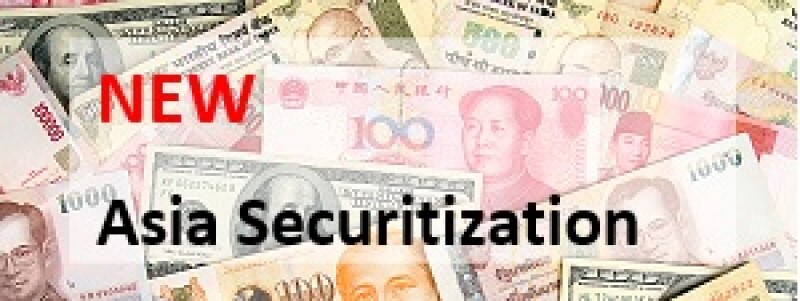This is the fourth ABS disclosure regime Nafmii has put out this year. The first three focused on auto loans, residential mortgages and urban renewal-linked loans.
While there had already been issuance in each of the respective ABS classes before the publishing of Nafmii’s frameworks, one Shanghai-based capital markets lawyer said the guidelines are still important for showing which direction the Chinese market is heading.
“When Nafmii puts out a framework pertaining to a particular type of ABS, it shows that is where they think the market is going to grow or is already big enough to require a uniform set of standards,” said the lawyer.
The latest set of disclosure standards Nafmii unveiled last week concern the securitization of non-revolving consumer loans. The regulator has listed the type of information that originators and brokers need to provide, such as potential risk, asset pool selection criteria, historical data and post-issuance updates.
Consumer loan securitization is still at a nascent stage in China, having first materalised only in July this year when Bank of Ningbo raised Rmb3.5bn ($551m) via Yongying 2015-1 Consumer Credit ABS.

Even though consumer loans only make up a very small part of a bank’s loan book compared to corporate loans, and as a result, are unlikely to boost volumes by too much, the lawyer said that this is still a very important step in the development of the Chinese securitization market.
This is because consumer loans are far smaller compared to their corporate counterparts, which naturally means that the asset pool is a lot more granular than the conventional Chinese CLO.
Yongying 2015-1, for example, contained 34,130 loans. The much larger Rmb6.1bn Qifu 2015-3 Credit Asset-backed Securities, on the other hand, had just 74 loans as collateral. Qifu priced on September 18.
Having deals with a more granular asset pool is important for the development of the market as it forces investors to undertake more credit work and pay more attention to cashflow models, as well as prepayment risk.
When the market gets more comfortable with more granular transactions, the Chinese securitization will really take off, the lawyer added.
The only other asset class that features a large amount of loans as collateral in China is auto ABS.
Bright future
However, in ABS volume terms, China has yet to scale the heights many observers were expecting it to reach this year. Following the revival of Chinese securitization in 2011-2012, the market has thrived, with volumes shooting to Rmb283bn ($44.6bn) by 2014.
The huge increase prompted the authorities to increase the new securitizations quota to Rmb500bn for 2015 from Rmb300bn the year before.
But with less than three months to go before the end of the year, new issuance has failed to come close to that target, with just Rmb237.7bn so far, not even half the increased quota.
Still, the lawyer was unperturbed by the disappointing figures and said they were the result of a general slowdown in global economy, as well as a series of unexpected macro events this year, rather than issues that are exclusive to ABS.
“There’s no question that the potential of ABS in China is huge,” the lawyer said. “It’s not been a good year so far, but it’s even worse for other asset classes such as equities. I don’t think anyone is worried at all about the long-term future of Chinese ABS.”

